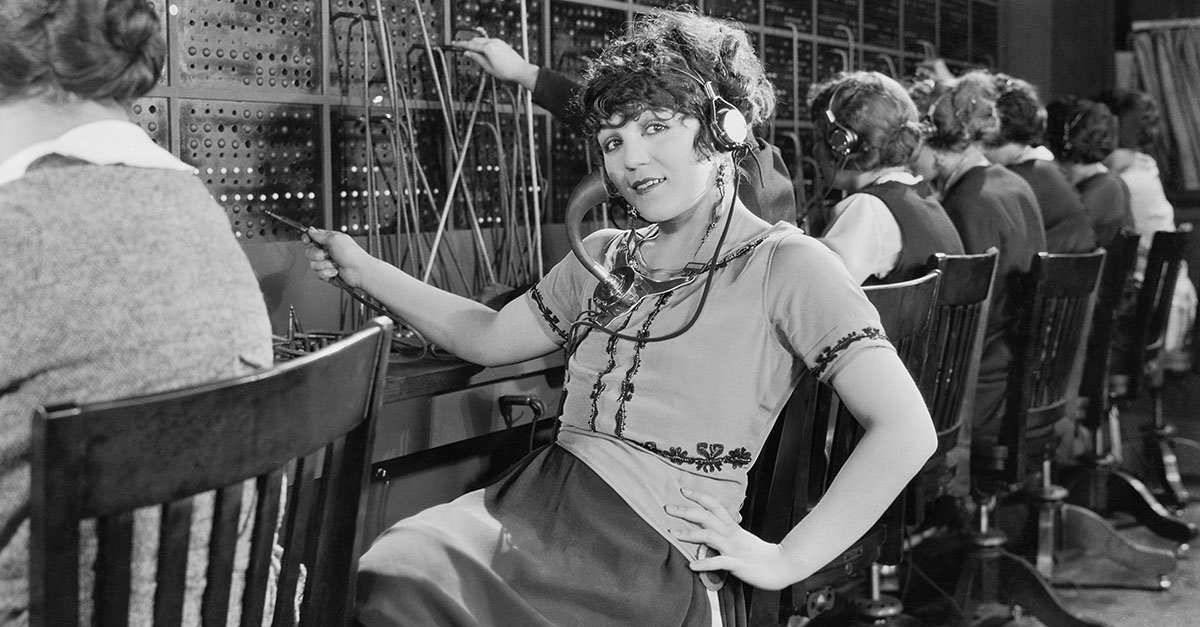The push to weaken net neutrality that began shortly after President Trump took office took another step forward this week, with Federal Communications Commission chairman Ajit Pai announcing plans to demolish the 2015 rules former President Obama used to implement net neutrality with Title II classification.
Pai outlined those plans yesterday during a speech at The Newseum in Washington (click here for a full text of his remarks). He called Obama’s directives “heavy handed” and “all about politics”.
He claims the rules have hurt investment and clobbered small internet providers with mandates they can’t afford.
He said the internet has been the greatest free-market success story in history because of the landmark agreement between former President Clinton and a Republican Congress that resulted in the Telecommunications Act of 1996. In that legislation, he said, both parties decided “to preserve the vibrant and competitive free market that presently exists for the internet, unfettered by federal or state regulation”.
Until two years ago, that is, when he said the FCC decided to impose a set of heavy-handed regulations upon the internet in what he called a partisan action. He said:
[Obama and the Democrats] decided to slap an old regulatory framework called Title II – originally designed in the 1930s for the Ma Bell telephone monopoly – upon thousands of internet service providers, big and small. It decided to put the federal government at the center of the internet. Why? It was all about politics. Days after a disappointing 2014 midterm election, and in order to energize a dispirited base, the White House released an extraordinary YouTube video instructing the FCC to implement Title II regulations. This was a transparent attempt to compromise the agency’s independence. And it worked.
Pai’s proposal is to:
- Return the classification of broadband service from a Title II telecommunications service to a Title I information service. This would be a return to the “light-touch regulation” from the Clinton Administration, he said.
- Eliminate the so-called Internet Conduct Standard. Pai said the 2015 rule gave the FCC a roving mandate to micromanage the internet. Eliminating the standard would end that.
- Seek comment on how to approach the so-called bright-line rules adopted in 2015.
The FCC will vote on the plan at a May 18 meeting. Months of debate will surely follow as the matter is opened up for public comment. The commission will revise the rules based on that feedback, Pai said.
Though Pai describes the actions of two years ago as a politically motivated case of government overreach, it’s worth noting that in 2014 more than 4m public comments supporting net neutrality were sent to the FCC. A lengthy debate ensued then as well, and the Obama-era FCC agreed with the majority.
Speaking for the minority, Pai, a free-market conservative, wrote a scathing 67-page dissent saying net neutrality was a response to “anecdote, hypothesis, and hysteria… not just a solution in search of a problem – it’s a government solution that creates a real-world problem”.

Anonymous
Net neutrality is a necessity… for the public.
The FCC is supposed to be working… for the public.
You have to wonder who’s payroll Ajit Pai is on.
dean pitman
He used to be on Verizon’s.
John
Pai was a puppet for the former president and now he is is a puppet for the current President. He swings with the direction of the wind. It’s as easy as that,
Eric
This really doesn’t hold water, given that NN mostly limits “we make our own sub-services and prioritize those over external ones” or “we don’t like them and they don’t pay us, so they go slowly” schemes, by forcing them to treat everything equally. But, I guess, being effectively a utility (in this day and age, it pretty much is) means that they shouldn’t be treated as one or something?
One thing I haven’t understood about all the yelling is that opponents seem to either blatantly mis-characterize the concept as “managing the entire internet and what can be on it” or by simply arguing that “regulations are bad and hurt business” without taking a look at what said regulations actually protect. Maybe they could be relaxed a little, require less documentation or paperwork while having the same effect, I don’t know. But making large moves “because regulation is bad” throws the baby out with the bathwater.
Laurence Marks
Eric, your definition of Net Neutrality is the correct one, but that’s not what was implemented under Obama. The Obama version had one set of rules for a couple of big companies and another one for everyone else. What’s neutral about that?
wally
and your point is????
When I see my speed & choices go up and my cost go down, I’ll believe Pai. In the meantime, I’m not holding my breath.
anon
The impact is clear when you listen to big ISP responses to repeal of net neutrality regulation. “Trust us. We won’t throttle your data.” They said similar things about privacy protection rollbacks. One thing is certain, the competition is shrinking and the price relative to service is going up (despite occasional price wars for market share).
Speaking of internet regulation, Pai claims the FCC does not have the authority to regulate internet content (e.g., prohibit posting of murder videos). Then who does? What agency regulates TV broadcasting to bleep out four letter words, rate content, and restrict viewing hours for violence and nudity? Who owns the airwaves if not the public? This is a resource worth protecting.